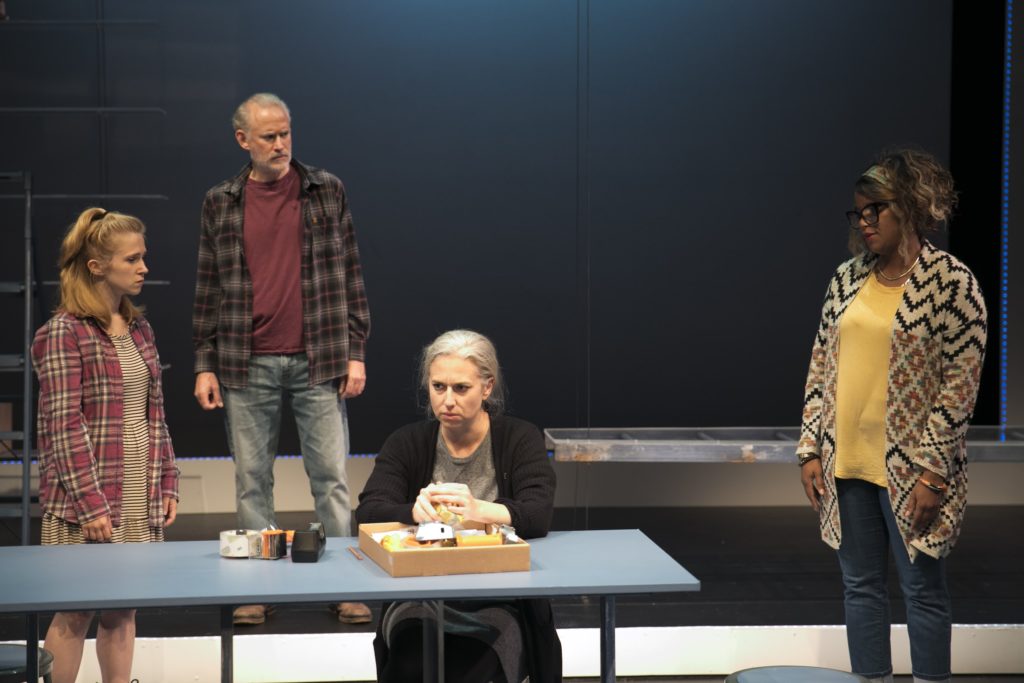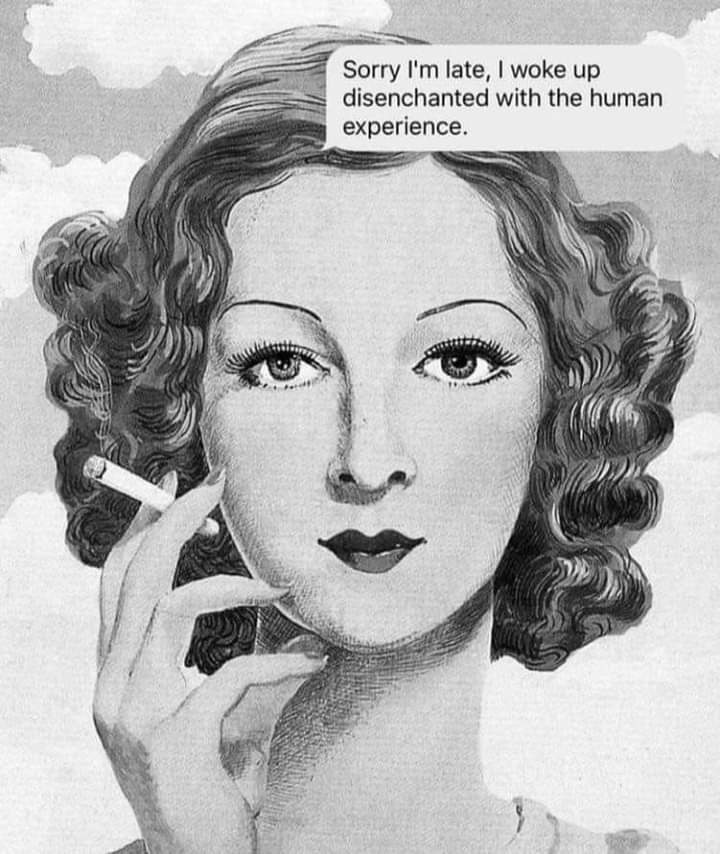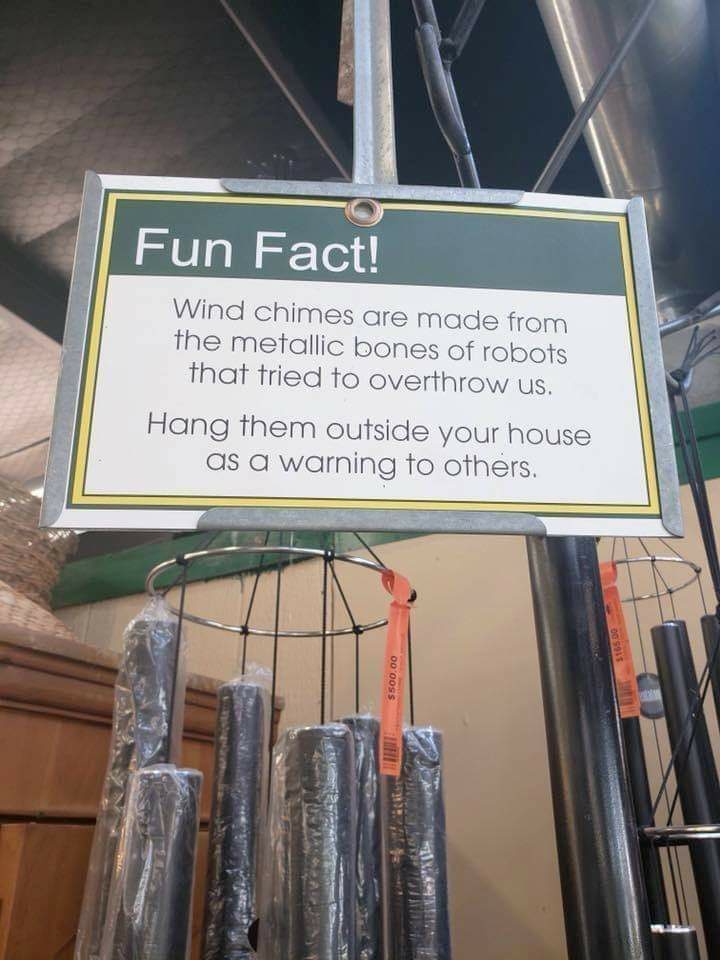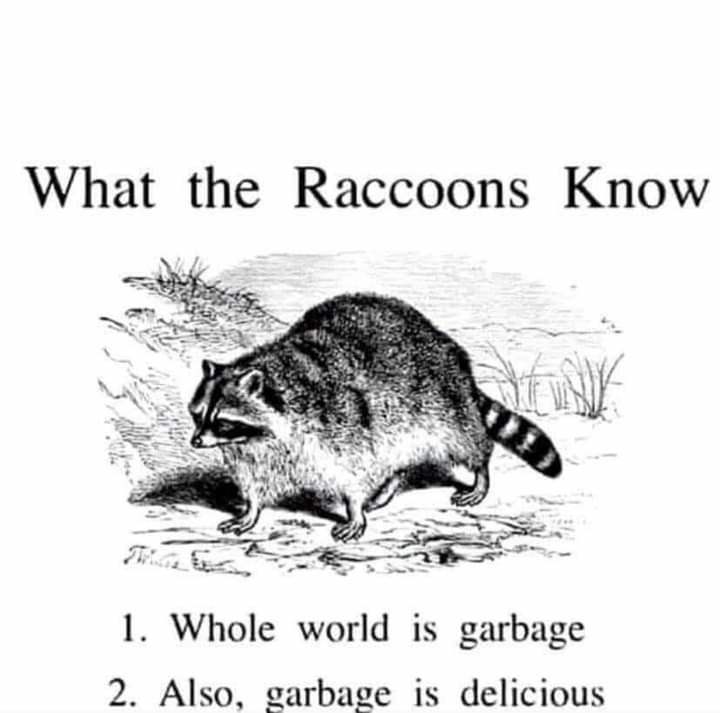
The cast; Photo by Mark S. Howard
Presented by Lyric Stage Boston
By Deborah Zoe Laufer
Directed by Courtney O’Connor
Intimacy direction by Ted Hewlett
Original compositions and sound design by Dewey Dellay
Sept. 24 – Oct. 17, 2021
Lyric Stage Company of Boston
140 Clarendon Street
Boston, MA 02116
Lyric Stage on social media: Facebook, Twitter
The Lyric’s COVID-19 Policy
Review by Kitty Drexel
BOSTON, Mas.. — Be Here Now is the Lyric Stage Company’s first in-person show since society came crashing down in March 2020. Its characters navigate nihilism. It is with a spirit of cheerful nihilism that this critique is written.
Bari (Samantha Richert) is a nihilist. She teaches she used to teach nihilism at a New York university. She moved to her parents’ rural cottage in her hometown to finish her dissertation – ten years ago. In those ten years, Bari has burrowed more deeply into her nihilism like a frog in the mud for winter. She’s so convinced that life is meaningless that she’s unconcerned when she passes out from one of her recurring headaches.

Photo by Mark S. Howard
Patty Cooper (Shani Farrell) and Luanne Cooper (Katherine C. Shaver) are convincing Bari to go on a date with Mike Cooper (Barlow Adamson) when we meet them. Bari says she wants to be left alone but, when she meets Mike outside a pub, Bari is so struck by Mike’s unique detachment from conventional decision-making that she decides to stay.
Bari is with Mike when she has another headache. Just before she passes out, Bari experiences potent, sincere love, joy, and desire for the first time that she can remember. She directs all of that emotion directly at an unsuspecting but appreciative Mike. After the endorphin cloud disperses, he suggests that Bari’s sudden joy is indicative of a dire medical issue. Bari must decide if life is worth living if she must sacrifice joy to do so.
Be Here Now is a light, puff of fluff show that wraps lived trauma in sunshine and coping mechanisms. It’s sweet; it’s funny. It has the emotional depth of a Hallmark movie. And there is nothing with that! Except – and I say this as one who loves the theatre wholeheartedly and couldn’t wait to get back to in-person performances – this play could have been a video that the audience live-streamed from home.
Be Here Now is a script that takes absolutely no risks. It offers loyal friendship and heterosexual, romantic partnership in a tidy package to a complacent audience ready to gobble it up. Which is why it would do well on the Lifetime or Hallmark channels.

A dank meme.
Yes, this play’s inclusion of nihilism in its description gives it an potential edge, but Be Here Now doesn’t discuss nihilism. It presents nihilism as a sort of depression, a mental health condition rather than a philosophy. Bari doesn’t reflect on her belief that her actions (or her friends’ actions) have no meaning. She uses her nihilism as an excuse to disengage with others. Her nihilism doesn’t prevent her from having a job, retaining her friendships, or writing her dissertation. She wants to do those things. She doesn’t consider them pointless. A true nihilist would, and then would do it anyway because it’s pointless not to. Employment is inevitable in capitalist society.
In its base form, nihilism is the belief that life has no meaning. That could be sad, as in Bari’s case, or, it could be awesome, as in Mike’s. Mike has no ties to society, to a job, or to personal possessions. He’s happy as a clam on the Cape doing almost nothing with his days. He’s optimistic.
Pessimism is dark and depressing. It can be a trait of one’s nihilism, but pessimism’s correlation to nihilism doesn’t imply causation. Nihilism can be fun! If life has no meaning and nothing we do has value, we might as well do what we want and enjoy ourselves. We are free of the responsibility of mattering. How nice.
But I digress. Be Here Now isn’t edgy. It explains nihilism the way capitalism gift wraps feminism for the masses: in prepackaged, easy-to-process mini meme-chunks requiring little thought on the behalf of the consumer.
Be Here Now isn’t bad; it’s mostly harmless fun. We’re still in a completely stoppable pandemic that hasn’t stopped. 2020 caused unknown amounts of trauma to every person still alive to think on it. Mostly harmless is fine. It’s preferable.
Except, maybe, in the case of the Lyric Stage Company of Boston.
Every actor in Be Here Now could’ve been played by a person of color. None of them needed to be white. Yet, only one character is played by a Black actress.
The actors in Be Here Now are all of a high caliber. They give delightful performances. I looked forward to seeing them on stage.
 I would never begrudge an actor for taking a gig. Actors audition and get cast. It’s a job. They want to make theatre and get paid. If they can make the world better by telling stories, then they revel in doing so. Not every gig offers that opportunity.
I would never begrudge an actor for taking a gig. Actors audition and get cast. It’s a job. They want to make theatre and get paid. If they can make the world better by telling stories, then they revel in doing so. Not every gig offers that opportunity.
And yet.
Farrell was chosen to portray the token Black best friend to Bari’s white protagonist. Farrell is charming as Patty Cooper. In another universe, Farrell plays Bari. Not in this one.
Patty isn’t a racist role as written. The role becomes racist when a Black woman is put in it. Patty is an optimistic friend who lays down some hard truths without being too aggressive. She has no autonomy outside of her spunk and joy which are used to define Bari’s nihilism – traits equaling pure magic to Bari. Patty only exists to define Bari. Luanne at least gets a boyfriend and family history.
For Heaven’s sake, Bari comments on Patty’s hair. If there’s one thing we white people should have learned over the last sixteen months, it’s to leave Black Hair Alone.
Farrell didn’t cast herself into an overly familiar, smart-mouthed racist trope. The decision was made for her.
The responsibility to do and be better falls to leadership.
Back in August 2020, the Lyric Stage Co. was called out for racism on its Facebook page by the Boston theatre community. In a WBUR article, the Lyric’s leaders discussed its anti-racism plan. Be Here Now’s casting and crew hiring practices suggest that leadership needs to take another look at their plan and make some adjustments.
The Lyric’s leadership was not successful this time. Fortunately, they have an entire season to try again, to be better.
Our actions may not matter in the grand scope of all things living, dead, and otherwise, but Black lives have always mattered. Black lives matter to the theatre community. Black lives matter to me. It’s not enough to say it in words or writing. We have to prove it with our actions again and again until it is a universal, permanent practice.

